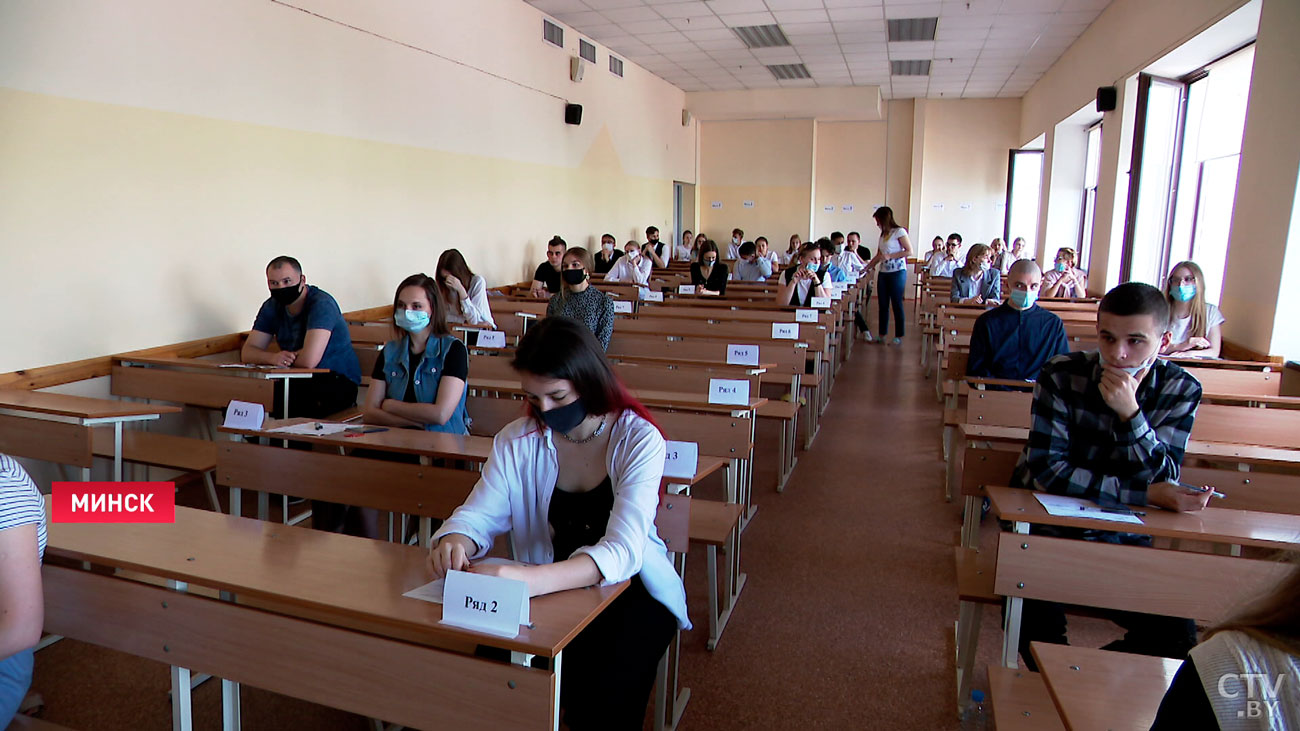Lukashenka’s Political Maneuvers: Boosting Ratings Amidst Economic Uncertainty
 The situation has not changed
The situation has not changed

There is no consensus among the ruling class about restrictions on small and medium-sized businesses, despite pervasive distrust of entrepreneurs and attempts to nationalize the economy. Lukashenka attempts to boost his ratings by interfering with the national standardized test’s results.
The government maintains an optimistic economic outlook and anticipates growth based on the results of the first half of the year, while the National Bank maintains stability in the currency and financial markets by slowing inflation and reducing the refinancing rate to stimulate the economy with loans.
The labour market situation continues to worsen. In the first four months of the year, the disparity between new hires and dismissals reached a record of 28,900.
The standard of living of Lukashenka’s traditional supporters is decreasing as pensions fall in real terms for the fourth month in a row.
Lukashenka is trying to bolster his ratings without spending money by forcing Ministry of Education officials to revise the results of the national secondary examinations, which caused dissatisfaction among parents and graduates.
The authorities are forced to respond to the staffing crisis in the medical field by suspending disciplinary measures. Lukashenka signed an order “On increasing the efficiency of the health care system”.
Security forces continue to intervene in the retail sector, as state control forces the closure of the “Evroopt” store in Brest and “Hit! Express” in Pinsk.
The government continues to adjust price regulations following Lukashenka’s October 2022 ban on increases.
Support for state-owned companies expands, including the retail sector. The state structure “DorOrs” will receive state support to repay part of the interest on a “Belarusbank” loan.
Fines and expropriations continue to shore up the state budget, mainly targeting the IT sphere and cryptocurrencies. The authorities confiscated BYN 3.2 million earned from cryptocurrency trading from a Belarusian citizen.
There is no consensus among the ruling class about regulating private businesses. Some parliamentarians maintain good relations with the private sector and defend their interests, leading to criticism of the bill on individual entrepreneurs and the self-employed by Members of the National Assembly.
Meanwhile, the number of entrepreneurs is decreasing. Lukashenka, and Belarusian propaganda, mistrusts small and medium-sized businesses and strives to preserve the state sector of the economy.
Thus, the first president will continue to distance himself from unpopular measures and shift responsibility to officials to bolster his ratings.
Subscribe to our newsletter




Situation in Belarus
Constitutional referendum: main consequences


 Video
Video
How to count the political prisoners: are the new criteria needed?


 Video
Video
Paternalism In Decline, Belarusian Euroscepticism, And The Influence Of Russia


 Video
Video












